As she walked through the lush green fields of Singisi village in Arusha, northern Tanzania, Neema Mduma couldn't help but feel a sense of pride and purpose. The computer scientist at the Nelson Mandela African Institution of Science and Technology was on a mission to revolutionize the way farmers in her home country approached crop health. With the help of her team, Neema had developed a mobile app named KilimoAI, which uses artificial intelligence to detect possible disease symptoms in crops by analyzing photographs of plant leaves.
For Neema, this project was more than just a technical challenge - it was a personal one. Growing up in a rural community, she had seen firsthand the devastating impact of crop diseases on families and communities. "I remember my grandmother struggling to make ends meet after a crop failure," Neema recalls. "It was a wake-up call for me to do something about it." And so, she began working on KilimoAI, a project that would eventually become a game-changer for farmers in Tanzania.
The story of KilimoAI begins with a simple yet powerful idea: using machine learning algorithms to analyze images of plant leaves and detect early signs of disease. But it's a concept that requires a deep understanding of both computer science and plant pathology. To create the app, Neema and her team took thousands of photos of plant leaves at farms, of both healthy and diseased crops. These images were then verified by plant pathologists at the Tanzania Agricultural Research Institute to ensure their accuracy.
The result is a mobile app that can identify diseases affecting maize, beans, bananas, and potatoes with remarkable accuracy. For farmers, this means being able to take action early to prevent the spread of disease, reducing crop losses and increasing yields. "KilimoAI has been a game-changer for us," says farmer Japhet Mrema, who has been using the app since its launch. "We can now identify diseases before they spread, and take action to prevent them. It's saved us a lot of money and stress."
But KilimoAI is more than just a tool for farmers - it's also a testament to the power of collaboration and innovation in addressing real-world challenges. Neema's team worked closely with plant pathologists, farmers, and other stakeholders to develop the app, ensuring that it met the needs of the people who would be using it. "We wanted to create something that would be useful and accessible to farmers," Neema explains. "We didn't want to just create a fancy app that nobody would use."
As KilimoAI continues to spread across Tanzania, Neema is already looking to the future. She's working on expanding the app to cover more crops and diseases, and exploring ways to integrate it with other tools and services to create a more comprehensive platform for farmers. "We're just getting started," she says with a smile. "We want to make KilimoAI a household name in Tanzania, and eventually, across Africa."
For Neema, the success of KilimoAI is not just a personal achievement - it's a reminder of the impact that technology can have on people's lives. "As a computer scientist, I've always been fascinated by the potential of technology to solve real-world problems," she says. "KilimoAI is a testament to that potential, and I'm excited to see where it takes us next."
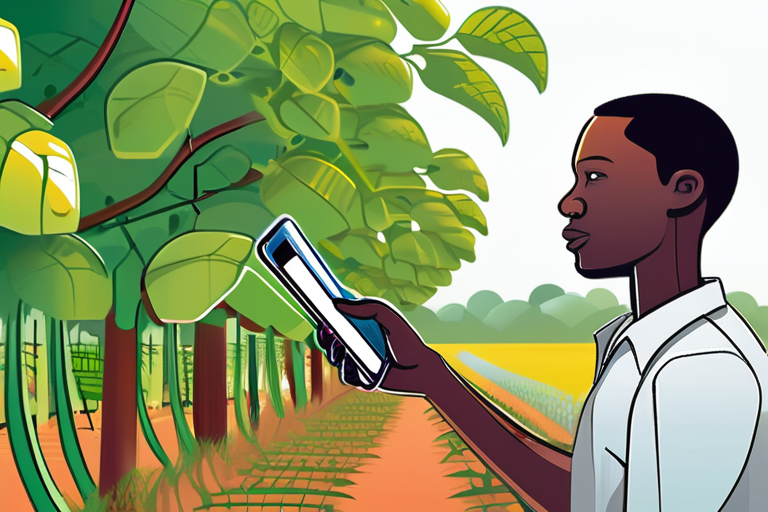


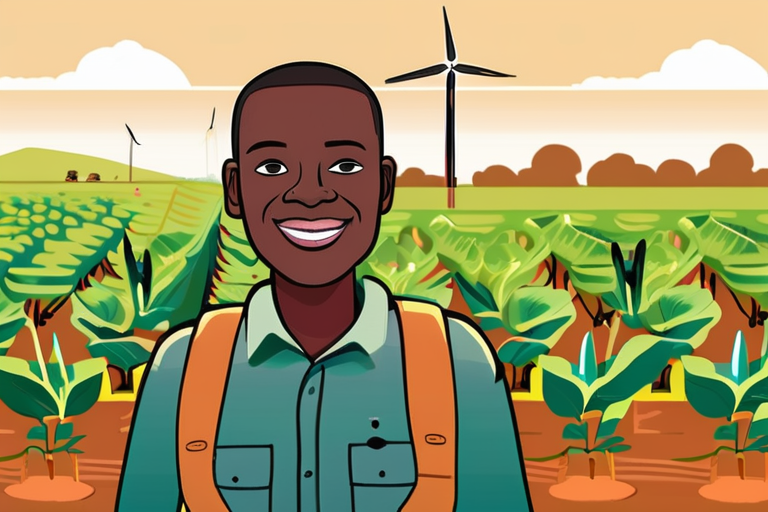


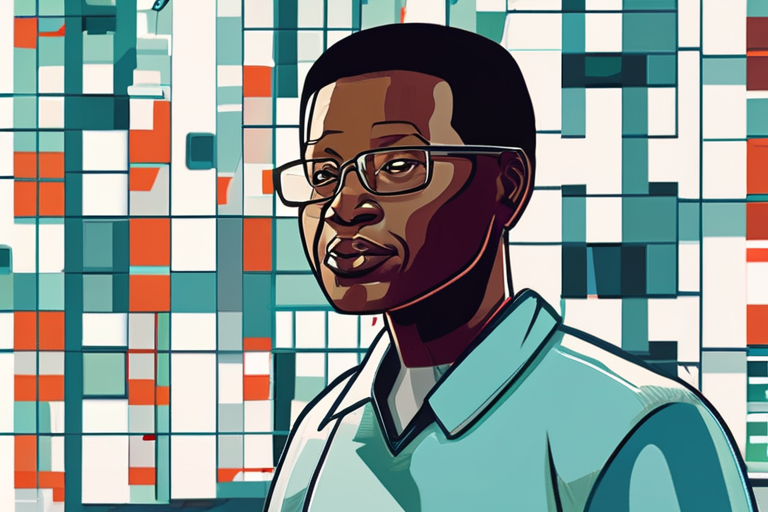



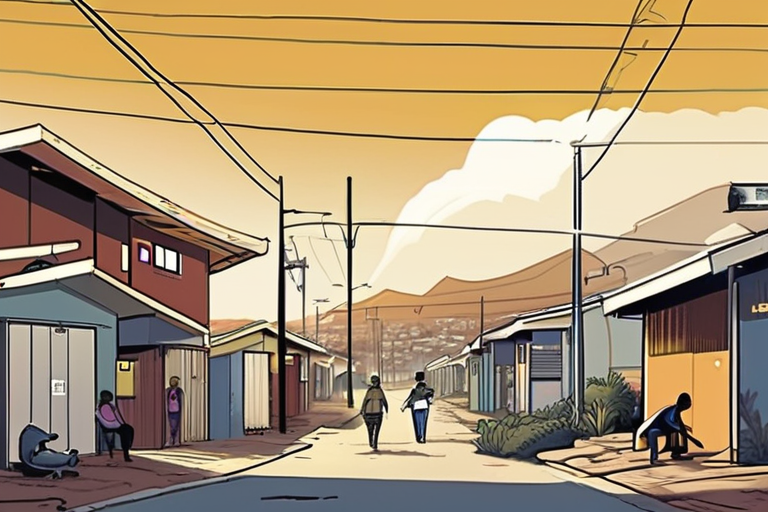
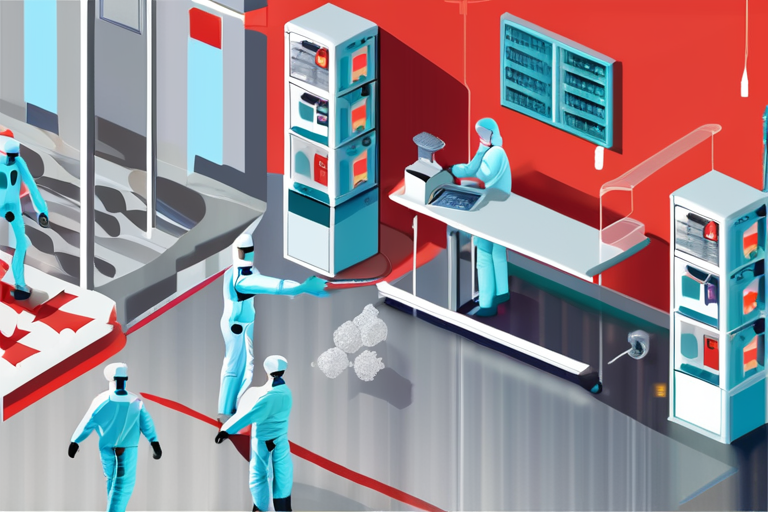

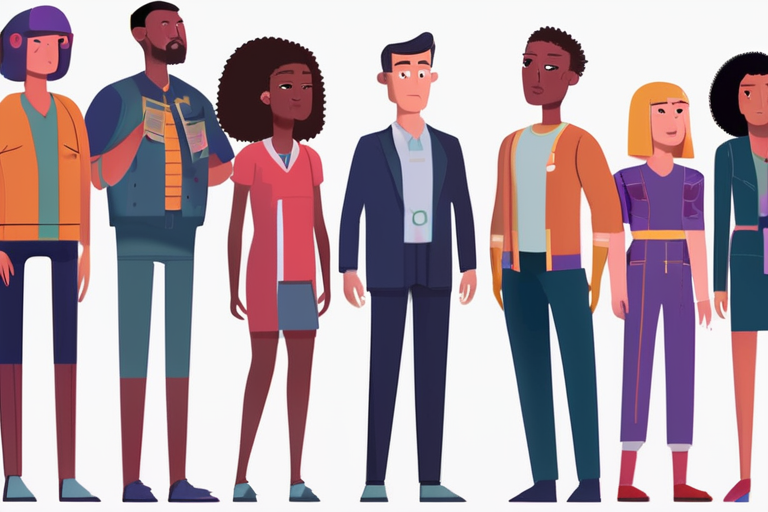
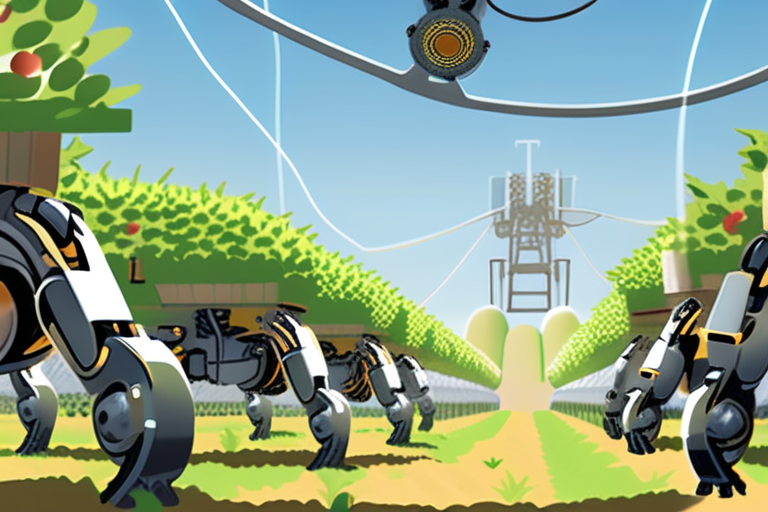
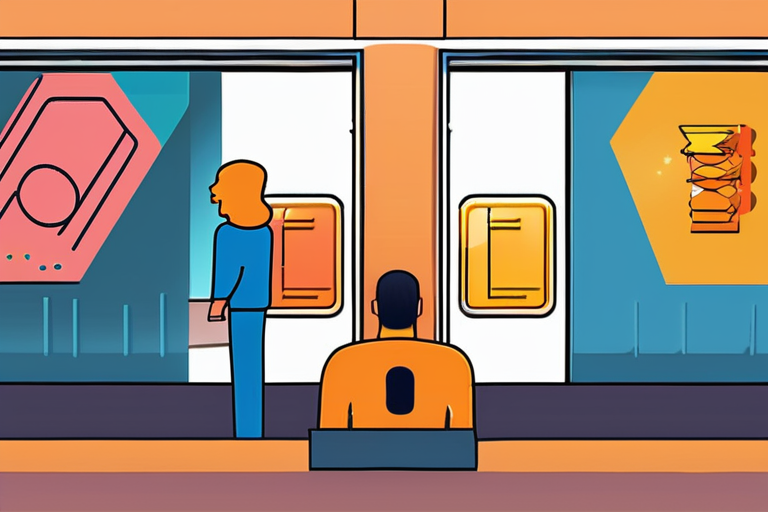
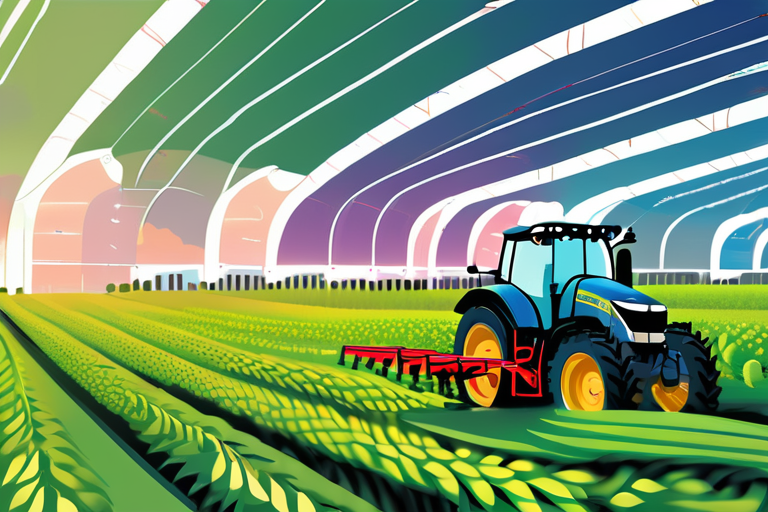
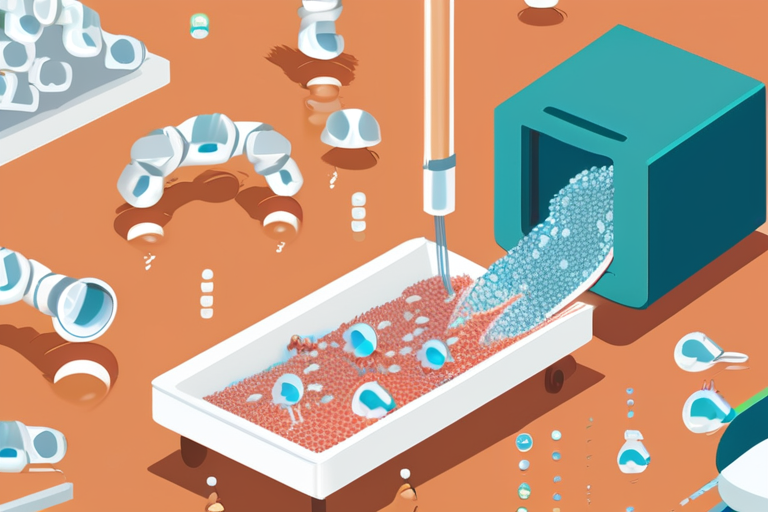



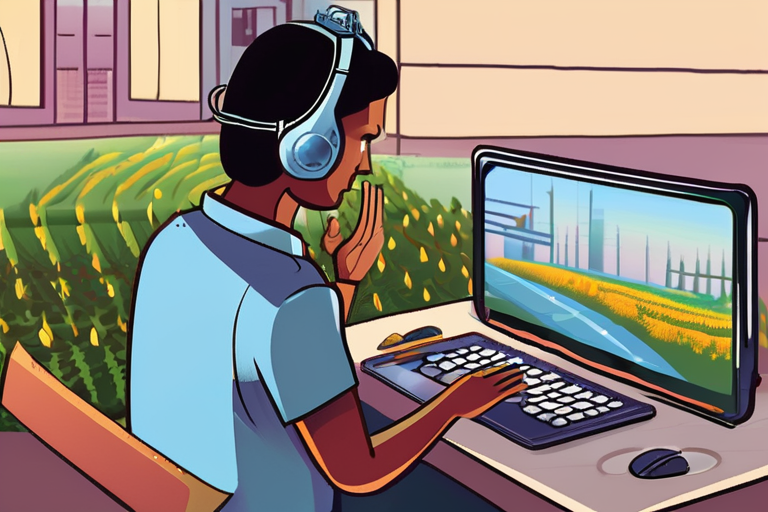
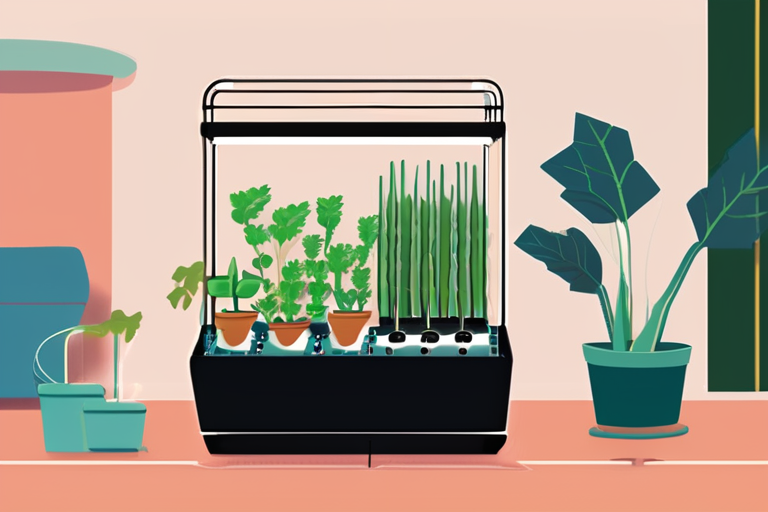
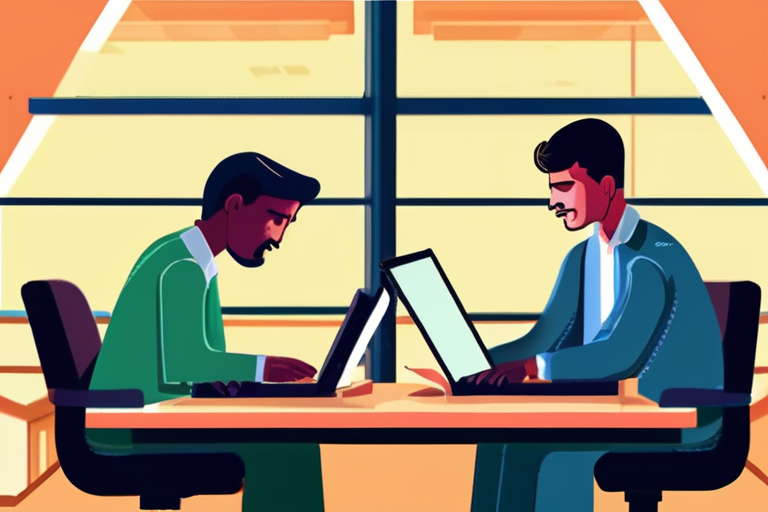
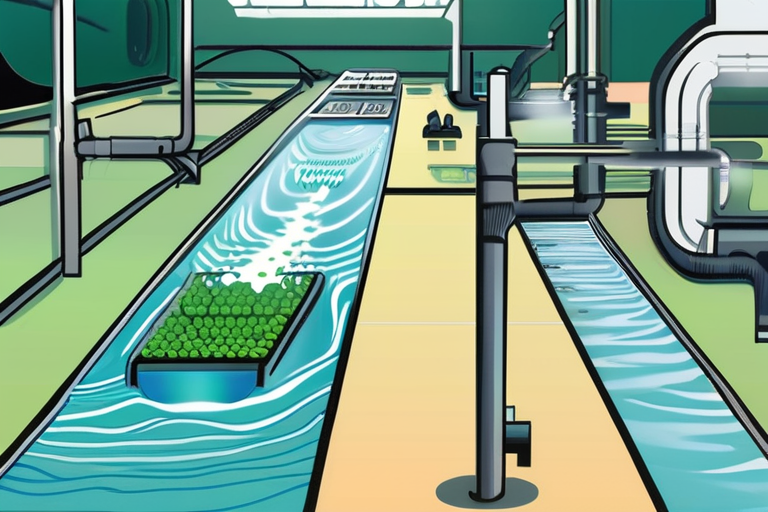

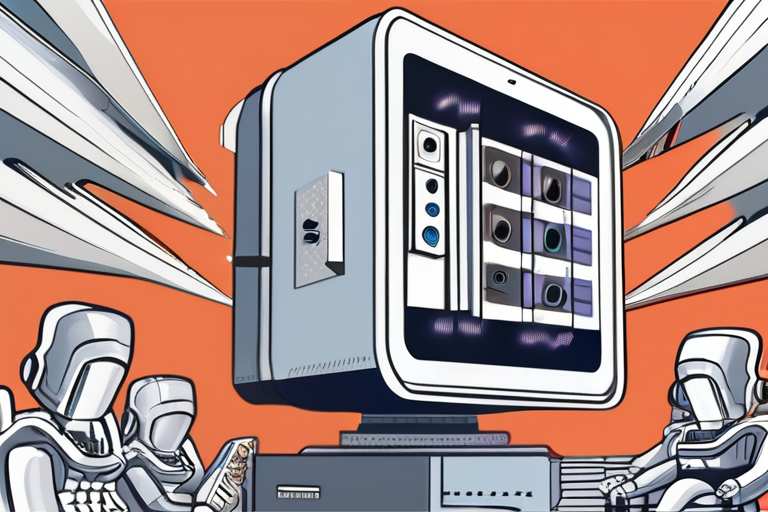
Share & Engage Share
Share this article